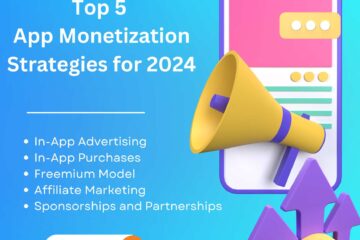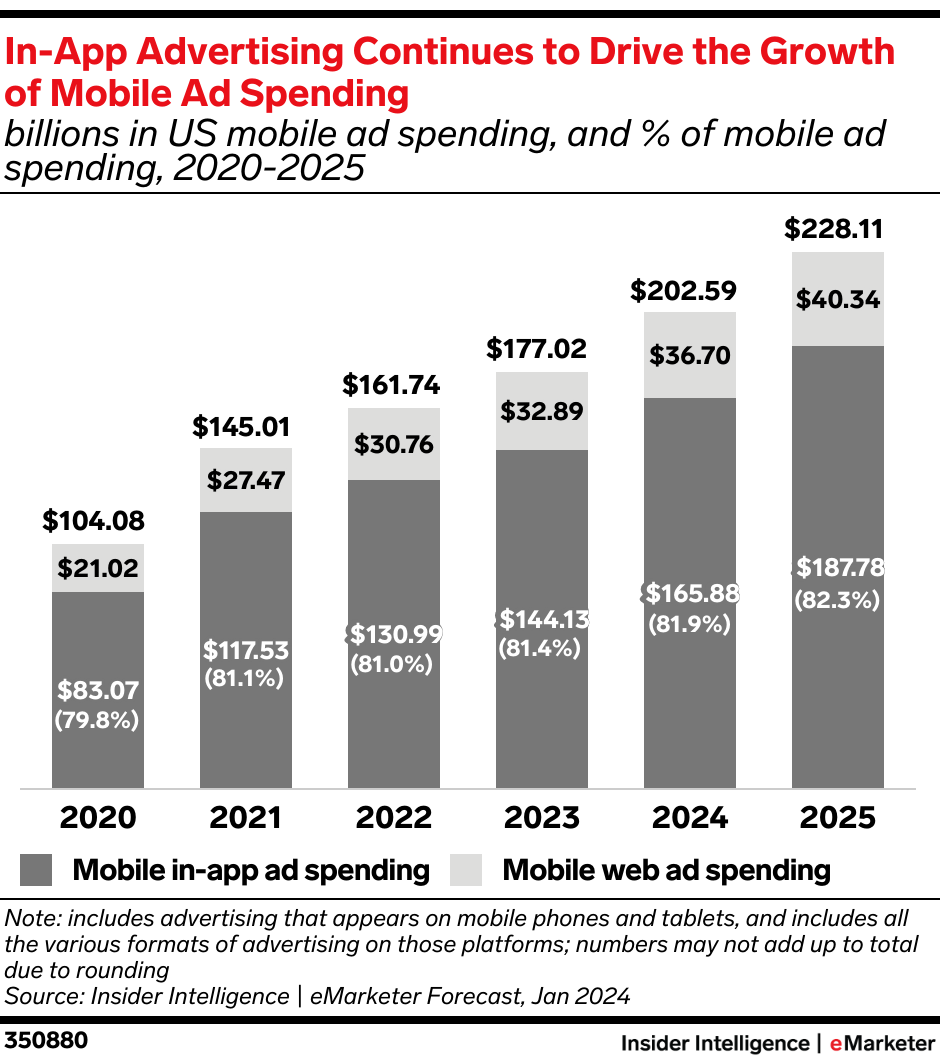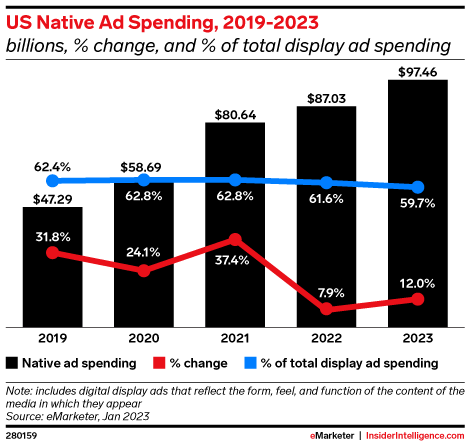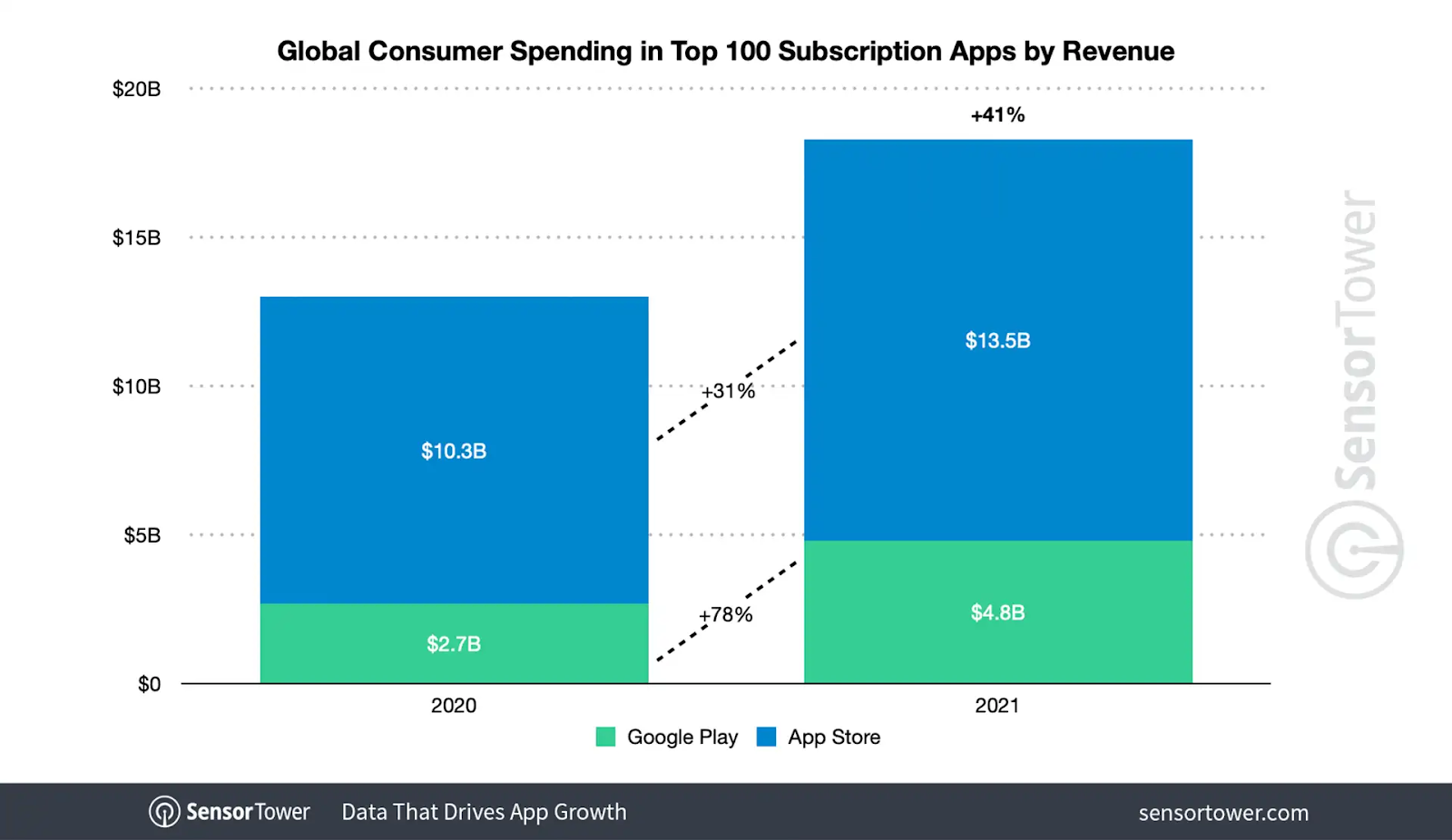A highly skilled developer has never been more in demand in today’s digital world. Businesses, whether startups or established enterprises, are constantly seeking ways to enhance their digital presence and streamline their operations through innovative software solutions.
One of the most strategic decisions a company can make is hiring local developers. Here, we will look at the numerous reasons why choosing local talent can benefit your business.

Top Reasons to Find Local App Developers
1. Enhanced Communication and Collaboration:
Effective communication is the backbone of any successful project. When you hire local developers, you benefit from the ease of communication that comes with working in the same time zone.
Real-time collaboration becomes seamless, with no delays caused by timezone differences. Face-to-face meetings can be scheduled easily, creating a more dynamic and responsive work environment.
Local developers also share the same cultural context and business practices, which can significantly reduce misunderstandings and enhance the overall workflow. This shared cultural understanding ensures that your vision is accurately translated into the final product.
2. Faster Project Turnaround:
Time is a crucial factor in the fast-paced world of technology. Hiring local developers can significantly reduce the time taken to complete a project. With local teams, you can expect quicker response times to any issues that arise, leading to faster problem resolution. This agility is particularly important for businesses looking to launch products quickly and stay ahead of the competition.
Additionally, the ability to have regular face-to-face meetings accelerates the decision-making process. Local developers can quickly adapt to changes and implement necessary adjustments without the delays that often come with remote collaborations.
Related Articles:
- Top 5 App Monetization Strategies for 2024
- Why is Customer Service Chatbot a New Trend in 2024?
- How Do Children’s Educational Apps Make Learning Fun?
3. Better Quality Control:
Quality control is paramount in software development. When you hire local developers, you can maintain a higher level of oversight on the project’s progress and quality. Regular in-person check-ins and code reviews ensure that the development process conforms to the highest standards.
Local developers are also more likely to have a better understanding of local regulations and standards, ensuring that your project is compliant with any regional requirements. This attention to detail is crucial for avoiding costly legal issues down the line.
4. Cost-Effectiveness:
While it might seem that hiring local developers could be more expensive than outsourcing, the reality is that the long-term cost benefits often outweigh the initial investment. Local developers can provide more accurate project estimates and are less likely to encounter the communication and logistical issues that can lead to delays and additional costs with offshore teams.
Moreover, the potential for hidden costs associated with outsourcing, such as travel expenses for occasional on-site visits and the costs of miscommunication, are minimized when you hire locally. The efficiency and effectiveness of local teams can result in substantial savings over the project’s lifecycle.
Tip: If you’re searching for local mobile app developers or web app developers, check out App-Scoop. As a top-rated app development company in Vancouver with a strong presence in both the USA and Canada, we offer unmatched expertise and a deep understanding of the local market. Our team of skilled developers ensures that your project benefits from enhanced communication, faster turnaround times, and top-notch quality control.
By choosing App-Scoop, you’re not only investing in cutting-edge technology but also supporting the local economy and gaining access to a network of industry experts. For custom solutions and insights, consider our local app development consulting services.

5. Stronger Accountability and Reliability:
Local developers are part of your community and have a reputation to uphold. This creates a greater sense of accountability and reliability. They are more likely to be invested in the success of your project and committed to delivering quality work. The possibility of meeting in person means they are more accessible and accountable.
Building a relationship with local developers can also lead to long-term partnerships. Having a reliable team that understands your business and can be called upon for future projects is an invaluable asset.
6. Support for the Local Economy:
Hiring local developers contributes to the growth of the local economy. By investing in local talent, you help create jobs and stimulate economic development in your community. This can enhance your company’s reputation as a socially responsible business and build goodwill among local stakeholders.
Supporting local developers also means contributing to the development of local expertise. As local developers gain experience and skills through working on diverse projects, they become more capable and innovative, which benefits the broader business community.
7. Access to a Local Network:
Local developers often have extensive networks within the local tech community. This can be incredibly beneficial when you need to expand your team or find specialized skills for a particular project. Their connections can help you quickly identify and recruit additional talent, ensuring that your project has the right mix of skills and expertise.
Furthermore, local developers are likely to be aware of and participate in local tech events, meetups, and conferences. This keeps them at the cutting edge of technological advancements and industry trends, which can be a significant advantage for your projects.

8. Personalized Customer Service:
Local developers can offer a level of personalized service that is often unmatched by larger, remote teams. They can provide more customized solutions that align closely with your specific business needs. This approach often leads to higher levels of satisfaction and better overall outcomes for your projects.
In addition, local developers can offer ongoing support and maintenance with minimal downtime. Their proximity allows for quicker response times to any post-deployment issues, ensuring that your software remains functional and efficient.
Hiring local developers offers numerous advantages, from enhanced communication and faster turnaround times to better quality control and cost-effectiveness. Local developers are more accountable, support the local economy, and provide access to a robust network and personalized customer service. By choosing local talent, you not only ensure the success of your current project but also lay the foundation for future growth and innovation.
Frequently Asked Questions
What are local developers?
Local developers are software developers who are based in the same region or country as your business. They are geographically close, which facilitates easier communication and collaboration throughout the development process.
What are the benefits of hiring local developers?
Hiring local developers offers several advantages, including better communication, understanding of the local market and culture, easier collaboration, faster response times, and the ability to meet in person when needed.
How does hiring local developers improve communication?
Local developers share the same time zone and often speak the same language, making it easier to schedule meetings, discuss project details, and resolve issues quickly. This reduces delays and misunderstandings that can arise with remote teams in different time zones.
Can local developers better understand my business needs?
Yes, local developers are more likely to understand the cultural, regional, and market-specific needs of your business. They can tailor the app or software to resonate with your target audience and ensure it meets local regulations and requirements.
What is the advantage of hiring local developers for project management?
With local developers, you can have face-to-face meetings, which can help establish a stronger working relationship. Direct communication fosters better project management, quicker decision-making, and the ability to address issues in real-time.
Are local developers more reliable than remote developers?
Local developers often provide better reliability due to their proximity, allowing you to monitor progress more closely. You can also visit their office or meet in person to ensure the project is on track, which may not always be possible with remote teams.
Do local developers offer better customer support?
Local developers can provide quicker customer support because of their availability in your time zone. If an issue arises, you can expect faster responses and resolutions without the challenges of working across time zones.
How can hiring local developers reduce language barriers?
When hiring local developers, you typically share a common language, which eliminates the potential language barriers that can occur when working with international teams. This ensures better understanding and clearer communication during the project.
Is hiring local developers more cost-effective?
While local developers may have higher rates compared to offshore developers, the overall cost can be justified by the quality of work, fewer communication issues, and faster project completion. Additionally, hiring locally may reduce the risk of misunderstandings or miscommunications that could lead to costly errors.
How does hiring local developers benefit my local economy?
By hiring local developers, you’re supporting the local economy and job market. It helps build and maintain a strong tech ecosystem in your region, fostering talent and creating more opportunities for growth within the local tech industry.







